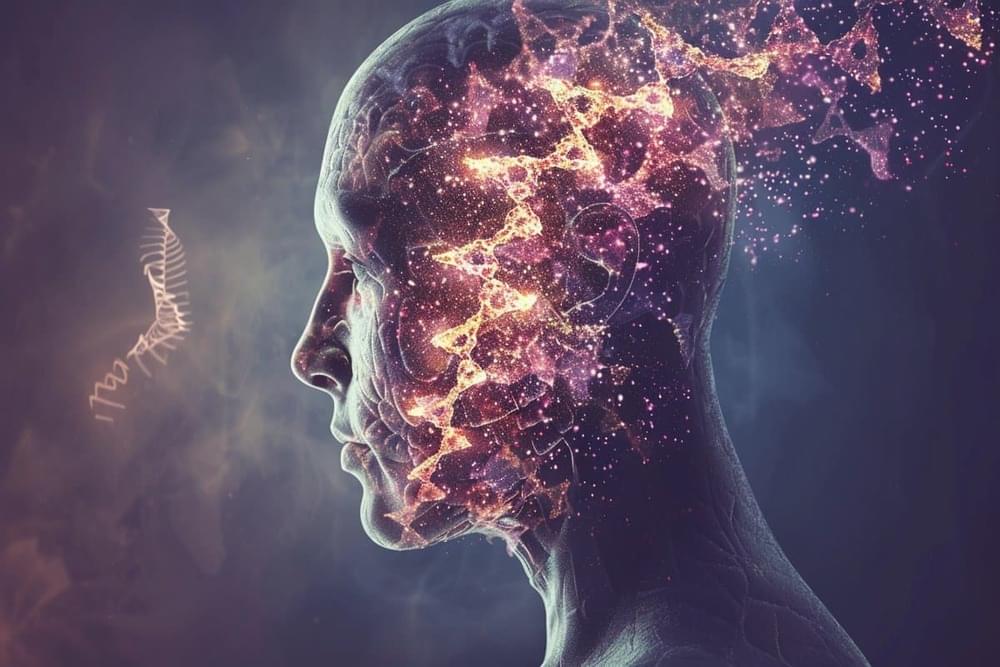Summary: Researchers unveiled a groundbreaking discovery that DNA damage and brain inflammation are vital processes for forming long-term memories, particularly within the brain’s hippocampus.
Contrary to previous beliefs associating inflammation with neurological diseases, this study highlights inflammation’s critical role in memory formation through the activation of the Toll-Like Receptor 9 (TLR9) pathway following DNA damage in hippocampal neurons.
These findings not only challenge conventional views on brain inflammation but also caution against indiscriminate inhibition of the TLR9 pathway, given its importance in memory encoding and the potential risks of genomic instability.










Comments are closed.